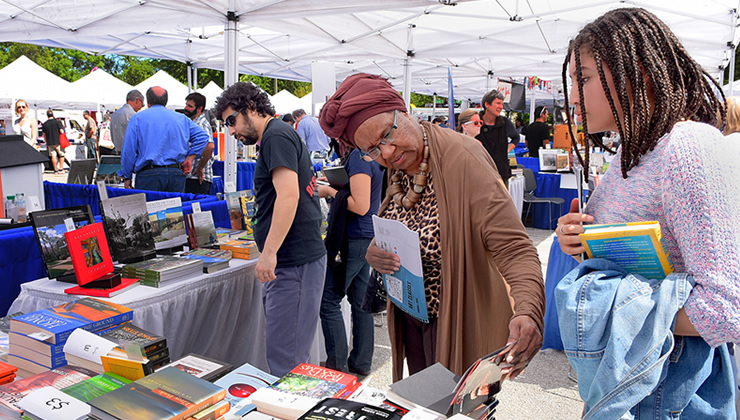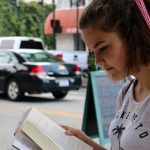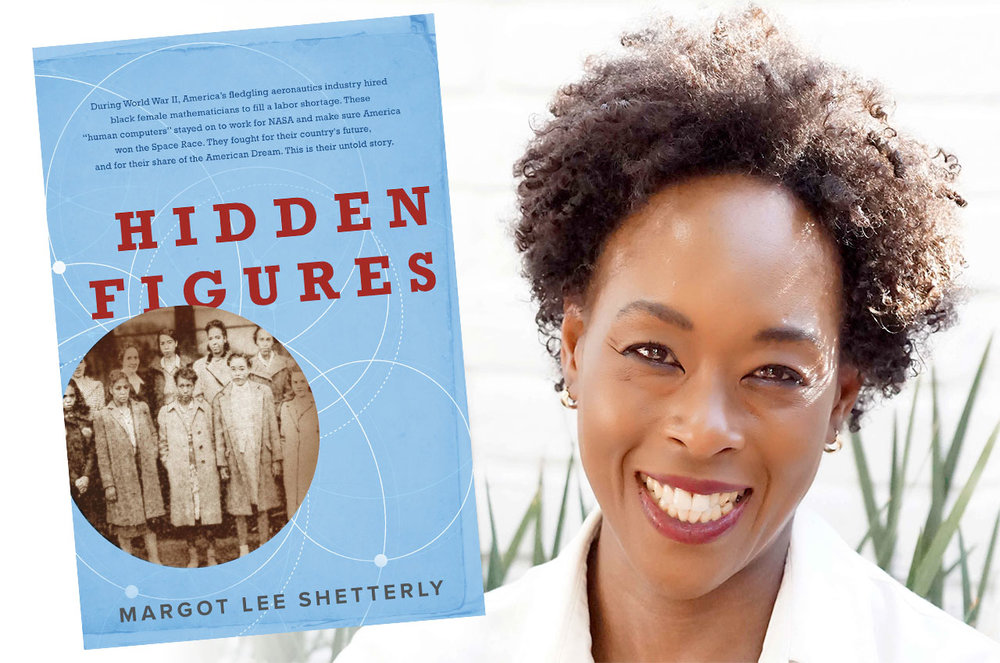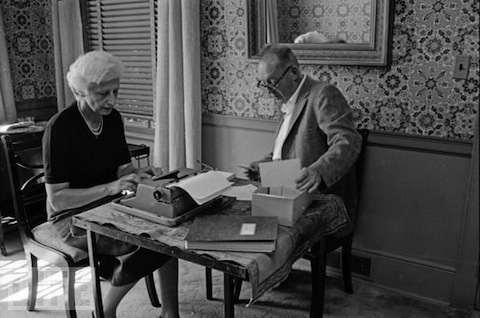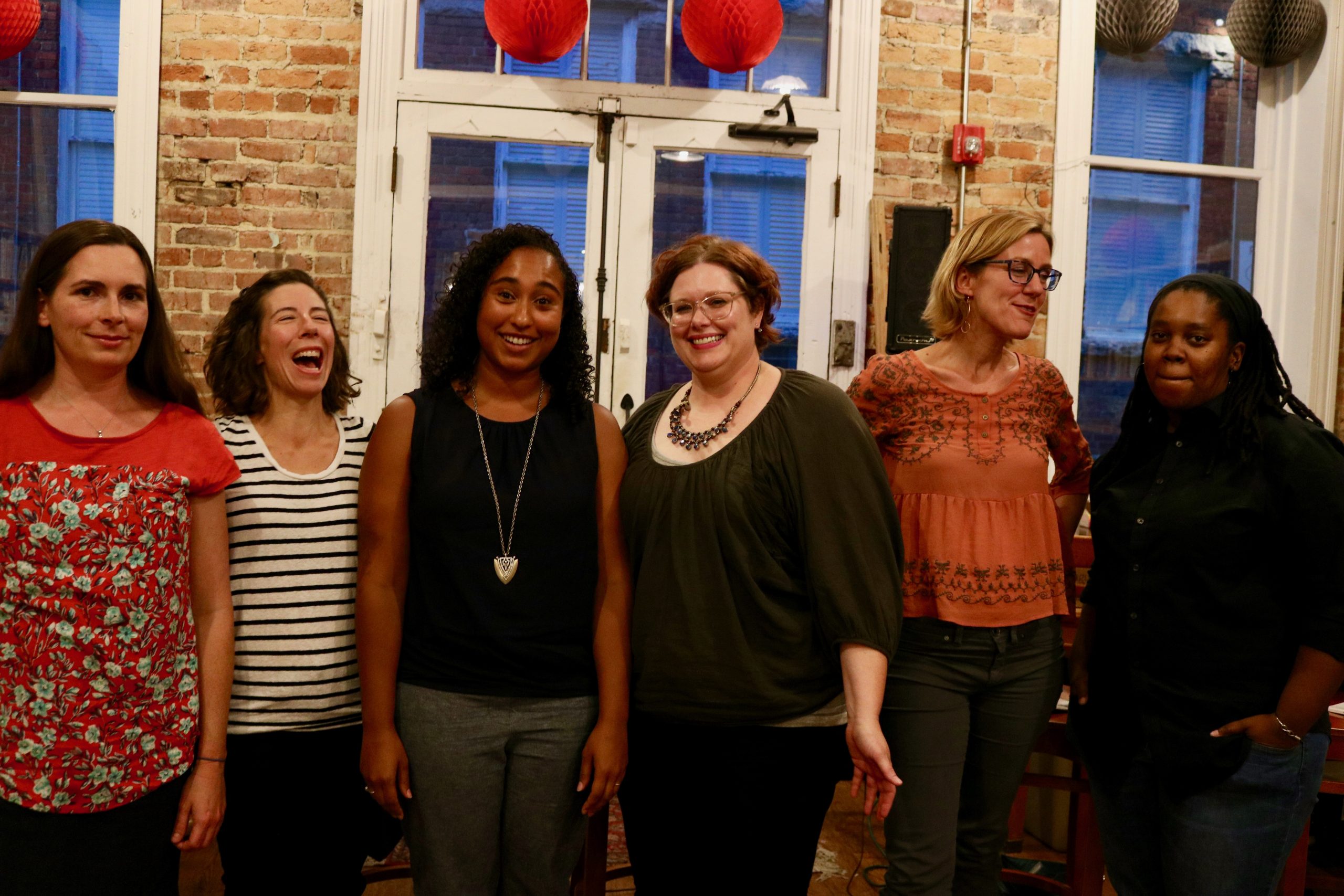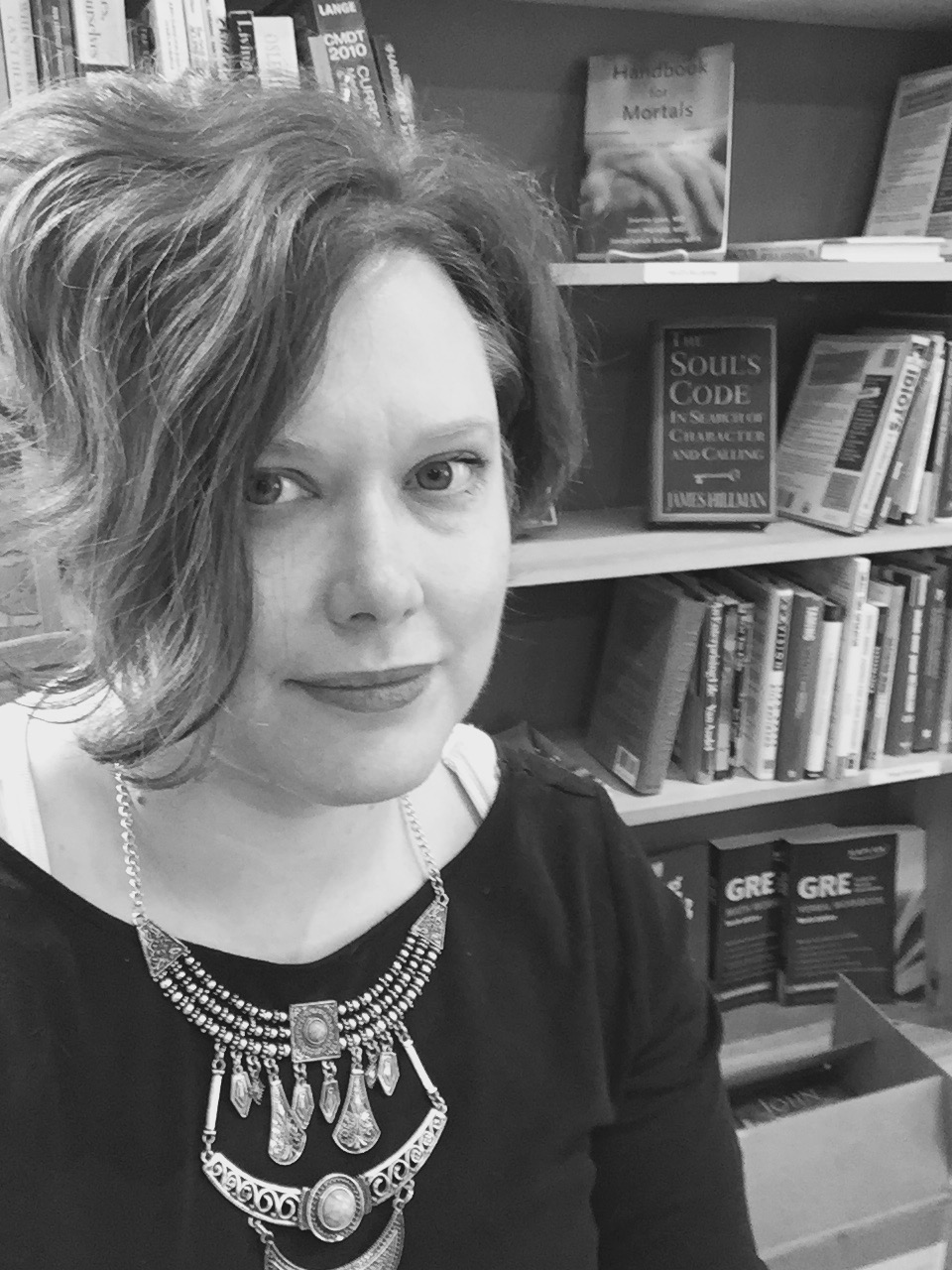by Brian Lampkin
I spent Saturday night out in the streets. The 2017 National Folk Festival filled downtown Greensboro with thousands of humans, and these thousands of humans seemed to be in various states of ecstasy. I suppose drugs may have been involved, but I suspect that this communal ecstasy had more to do with something less tangible.
A festival creates a community; or, a festival depends upon a community. It’s a chicken/egg thing, but you can’t have one without the other. A festival creates its own energy. That energy can go in many different directions–crowds are unpredictable and the unleashed energy of the mob (e.g., Charlottesville’s unhinged collection of white supremacists) is an omnipresent possibility–but the undeniable joy and camaraderie wafting through the air of the Folk Festival kept the darker forces deeply buried. This was downtown Greensboro alive with music and dancing and food and friendship.
Imagine the Tuvan Throat Singers in concert at LeBauer Park without the Folk Festival. Instead of a standing-room only crowd of 1,000 or more, you might have had a smattering of devotees and a few adventurers in musical diversity, perhaps 50 people in all. But a festival creates its own energy, and suddenly the Tuvan Throat Singers are adored by a uniquely attentive mass of festival-goers thrilled by the succession of pleasing sounds emanating from somewhere deep within the vocal cavities of three men previously unknown to nearly everyone in the audience.
The Greensboro Bound Literary Festival will also create its own energy. It will capture the literary dynamism already present in the Gate City and explode it into a weekend of writers meeting readers, writers meeting other writers, ideas meeting counterpoints, and downtown Greensboro once again meeting its city. Cities themselves are experiments in community, and a well-run adventurous festival can be an example of why cities are thrilling, meaningful, necessary.
It was an uncommon feeling on the streets of Greensboro Saturday night. Music was certainly at the center of it all, as literature will be for our festival, but something else happens in the crowd of an arts festival that changes a city, at least temporarily. We were transformed into a community. We need these periodic transformations, and let’s hope that we can make Greensboro Bound into another moment when Greensboro looks and feels different than it did the day before.

